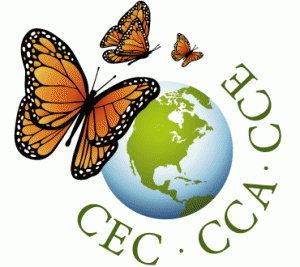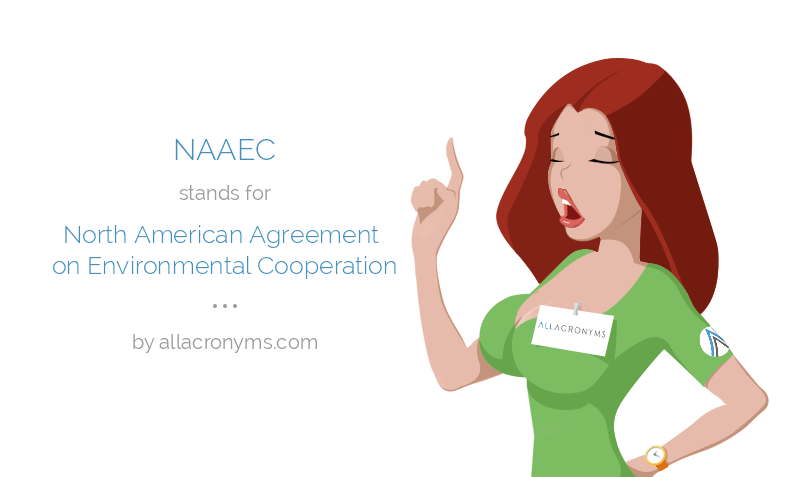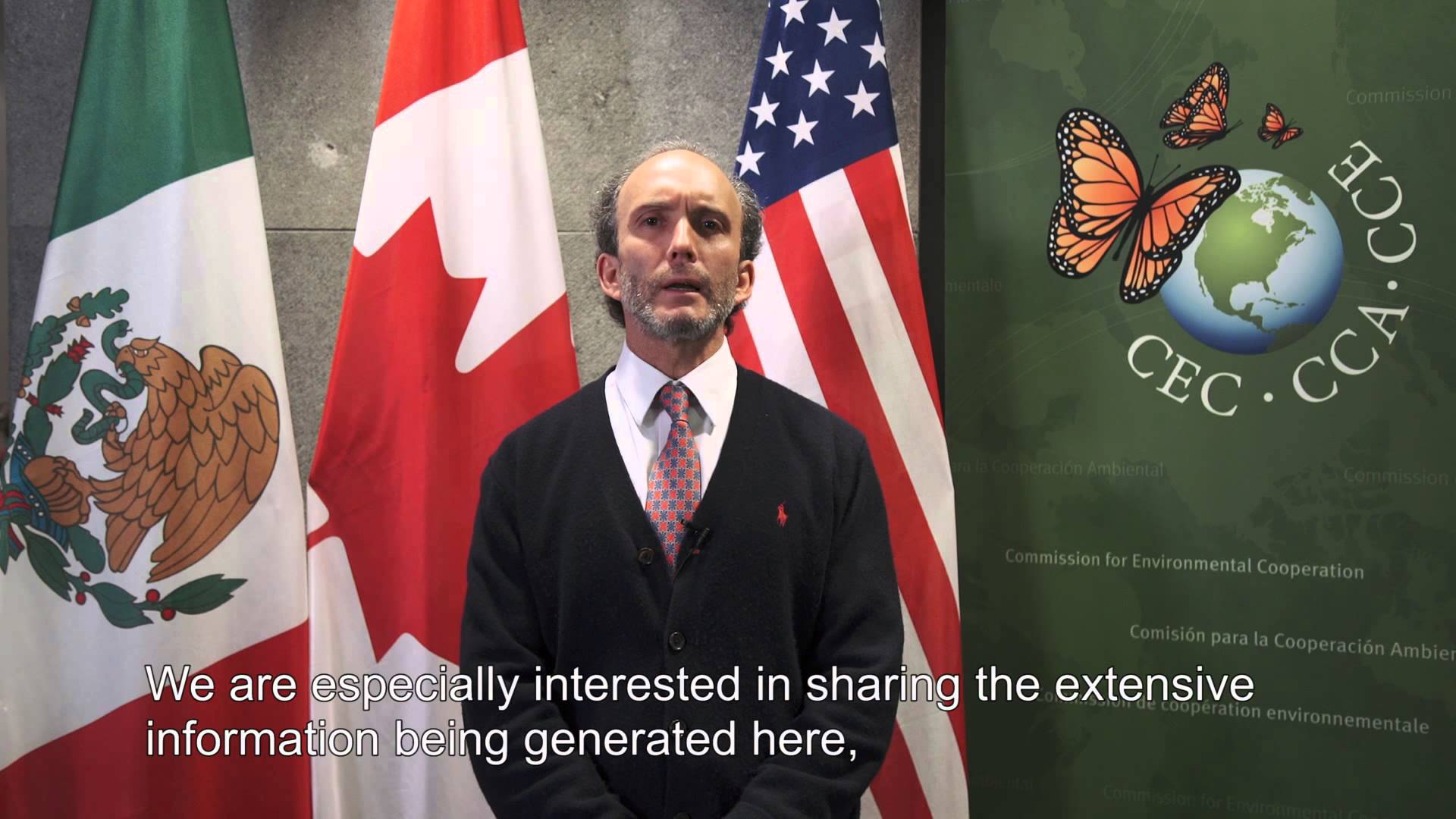CONVENING FOR ACTION IN NORTH AMERICA: “Green and practical solutions urgently needed for excess stormwater management,” concluded the inter-governmental Commission for Environmental Cooperation
Note to Reader:
Since 1994, Canada, Mexico and the United States have collaborated in protecting North America’s environment through the North American Agreement on Environmental Cooperation (NAAEC). The NAAEC came into force at the same time as the North American Free Trade Agreement (NAFTA) in 1994 and marks a commitment that liberalization of trade and economic growth in North America would be accompanied by effective cooperation and continuous improvement in the environmental protection provided by each country.
Commission for Environmental Cooperation is a joint initiative of Canada, the United States and Mexico
NAAEC established an intergovernmental organization – the Commission for Environmental Cooperation (CEC) – to support cooperation among the NAFTA partners to address environmental issues of continental concern, including the environmental challenges and opportunities presented by continent-wide free trade. The CEC comprises a Council, a Secretariat and a Joint Public Advisory Committee.
- The Council is the governing body of the Commission and comprises cabinet-level or equivalent representatives of each country.
- The Secretariat provides technical, administrative and operational support to the Council.
- The Joint Public Advisory Committee (JPAC) – five citizens from each country – advises Council on any matter within the scope of the NAAEC.
The CEC receives financial support of the Government of Canada through the Federal Department of Environment, the Government of the United States of Mexico, through the Secretaría de Medio Ambiente y Recursos Naturales, and the Government of the United States of America through the Environmental Protection Agency.
Mission
 The Commission for Environmental Cooperation facilitates collaboration and public participation to foster conservation, protection and enhancement of the North American environment for the benefit of present and future generations, in the context of increasing economic, trade, and social links among Canada, Mexico, and the United States.
The Commission for Environmental Cooperation facilitates collaboration and public participation to foster conservation, protection and enhancement of the North American environment for the benefit of present and future generations, in the context of increasing economic, trade, and social links among Canada, Mexico, and the United States.
CEC’s Joint Public Advisory Committee recommends sustainable solutions for mitigation of stormwater effects
Boston, MA, 15 July 2015—North American communities that are on the front lines of managing excess stormwater flows need strong engagement from governments and civil society to develop and implement sustainable solutions to this widespread problem, the Joint Public Advisory Committee (JPAC) of the Commission for Environmental Cooperation (CEC) said on Tuesday at the committee’s second session of 2015.
 “Green infrastructure and better land-use planning not only mitigate excess stormwater effects, but can also bring considerable environmental, social and economic benefits,” said Gustavo Alanís-Ortega, JPAC Chair, who hosted the one-day meeting.
“Green infrastructure and better land-use planning not only mitigate excess stormwater effects, but can also bring considerable environmental, social and economic benefits,” said Gustavo Alanís-Ortega, JPAC Chair, who hosted the one-day meeting.
“We also know that it is equally important to promote local community engagement in the adoption of innovative, practical and environmentally sustainable solutions through better public education and participation on the issue.”
Adaptation through Green Infrastructure
The JPAC session, a forum devoted to the topic, Water and Climate Change: Adaptation through Green Infrastructure, was held in Boston in conjunction with the 22nd Regular Session of the CEC’s governing Council, which is composed of the cabinet-level environment ministers from Canada, Mexico and the United States.
The Council meets each year to discuss its agenda for environmental cooperation in North America under the North American Agreement on Environmental Cooperation (NAAEC). JPAC is composed of 15 citizens, five from each country. It advises the Council and ensures public participation, openness and transparency in the actions of the CEC.
“The steps we take now will help future generations,” Alanís-Ortega said. “At our forum, we heard that one of the first steps policy makers should take is to properly assess how vulnerable our communities are to the damaging effects of excess stormwater. It is imperative that we act on the underlying causes of excess stormwater events, namely climate change.”
At the JPAC forum, members of the public convened with experts from nongovernmental organizations, government, academia and industry to discuss how green infrastructure and land-use planning can be vital tools for communities to use in adapting to changing climate and excess stormwater.
Managing Risk in a Changing Climate
Participants heard that urban, rural and remote communities are equally at risk from excess stormwater and that urgent action is needed to implement workable remedies.
In urban areas, practical solutions to mitigating excess stormwater flows include incentives for low-impact residential and commercial real estate development, the construction of streets that allow stormwater to disperse better through the local environment rather than run off, and the dedication of public green space that enhances the restoration of local wetlands and habitats.
In rural or remote communities, simple, small-scale installations that strengthen the natural habitat’s ability to reabsorb excess stormwater are favored over the construction of large artificial basins that recapture water.
Conference participants were also reminded of the importance of incorporating traditional ecological knowledge from indigenous communities into an all-encompassing approach to considering green solutions to the problems presented by excessive stormwater flows.
To Learn More:
The panel discussions at the JPAC meeting were also webcast live from Boston. A recording of the webcast and background material, such as presentations and biographies, will be available soon on the CEC’s website at www.cec.org/Council2015.
The JPAC meets throughout the year in different locations within the three countries, typically in conjunction with CEC events. The next JPAC public meeting will be held in on 5-6 November in Winnipeg, Manitoba, Canada.
To watch a YouTube video featuring Gustavo Alanís-Ortega, JPAC Chair, click on the image below.




